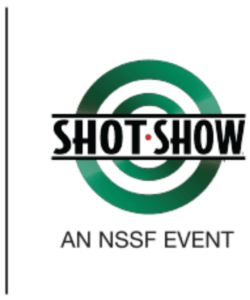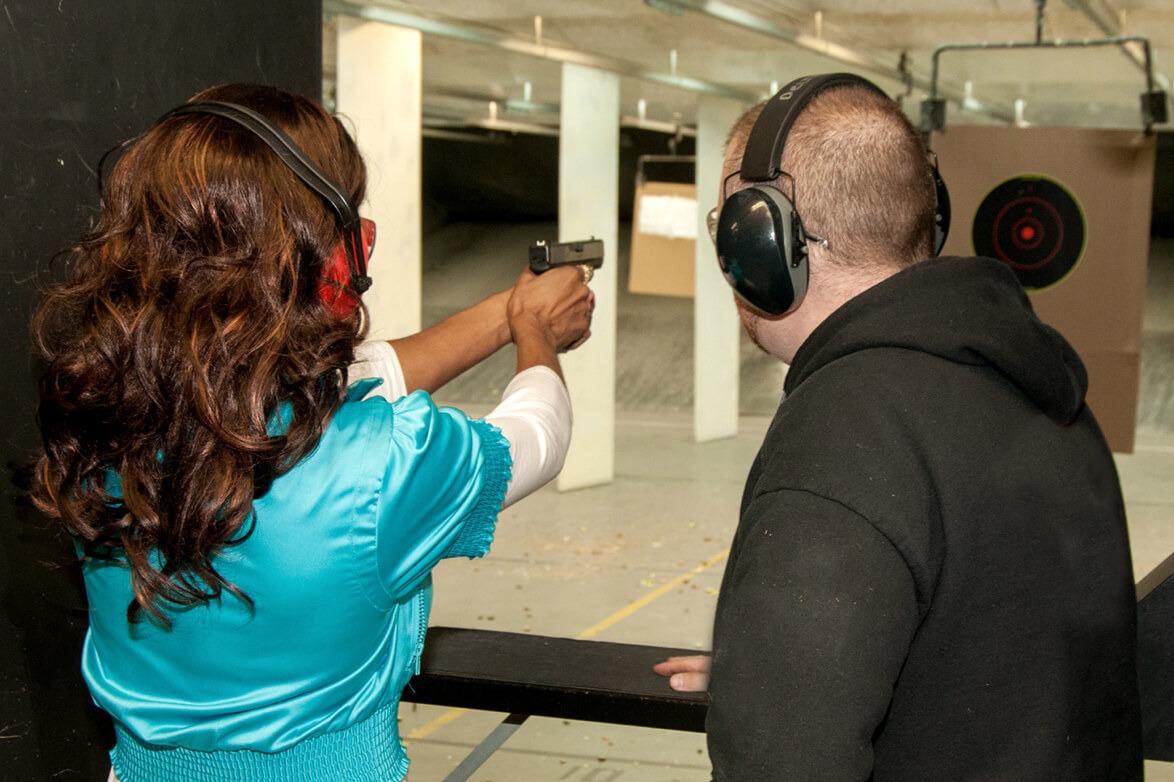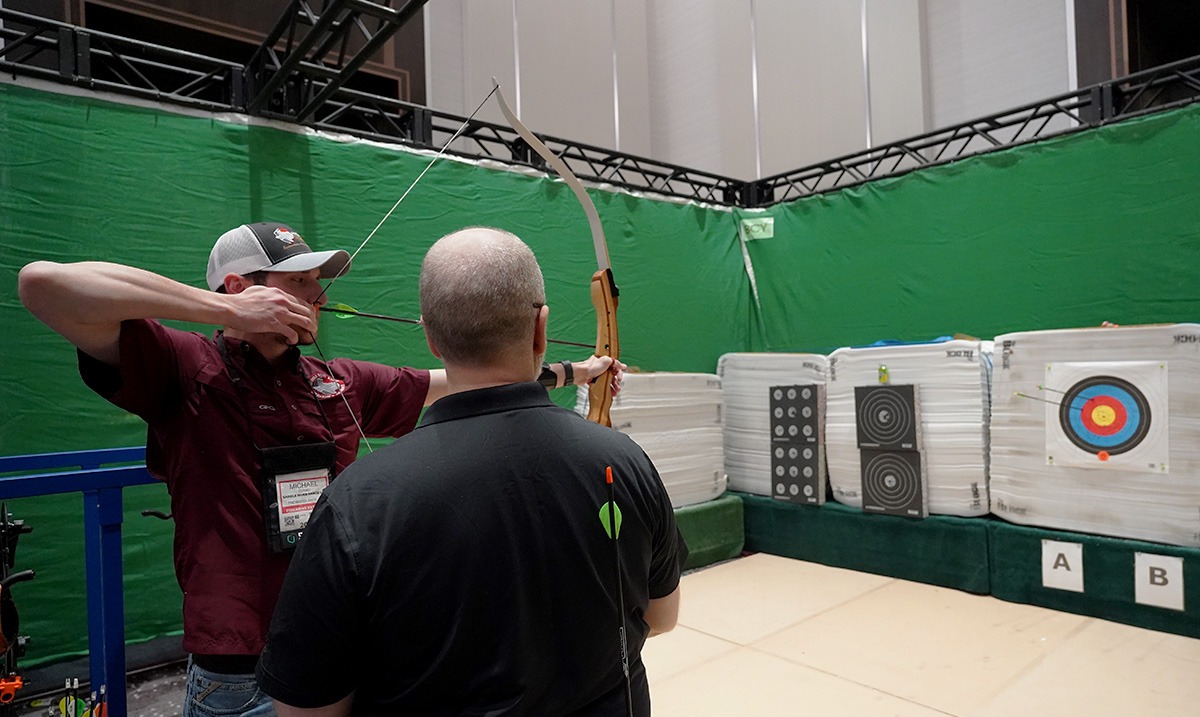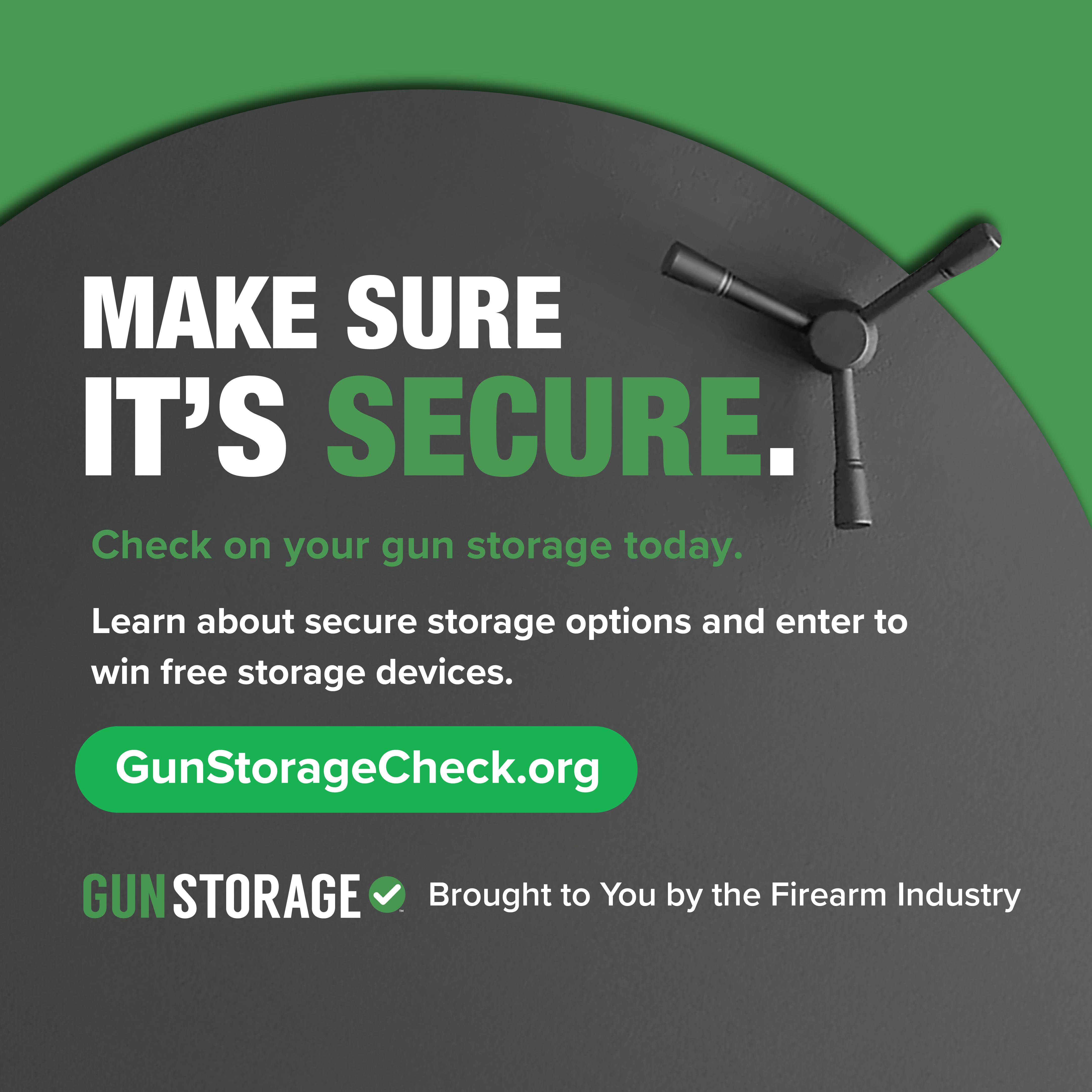 Back to News
Back to News
April 23, 2018
Beware the Straw Purchase!
Recent highly publicized shootings have heightened concerns over firearms purchases and the background screening processes required by FFLs. Now more than ever there is a heightened level of public awareness focused on how firearm retailers include proper screening and follow guidelines.
Know Your Customers
A seasoned firearms salesperson working for a licensed FFL can quickly recognize a first-time gun buyer. There will be many questions about calibers, size, safety, proper use and other features. The customer’s language is basic and includes words like “shots,” “handle,” and “kick.” The sales process will tend to be slower, more of an educational process and void of the interesting stories that take place with more experienced shooters.
Then there’s the experienced shooter who has purchased a few or more guns in the past. He or she may be upgrading to a higher quality firearm or stepping up to a more powerful caliber. This customer has a good idea of the type of firearm they are interested in, has done their research and inquires with confidence and credibility as they discuss their new purchase.
These two customer types make up the vast majority of an FFL’s clientele — and then there’s the unfamiliar customer who approaches the sales counter and requests to purchase one or several specific guns, stating make and model. They may reference information from a text on their phone, a description written down or may repeat information from someone talking with them on their phone. They’ll want to make a quick purchase with few questions if any — and to the seasoned firearms salesperson, it just doesn’t feel right. Now what?
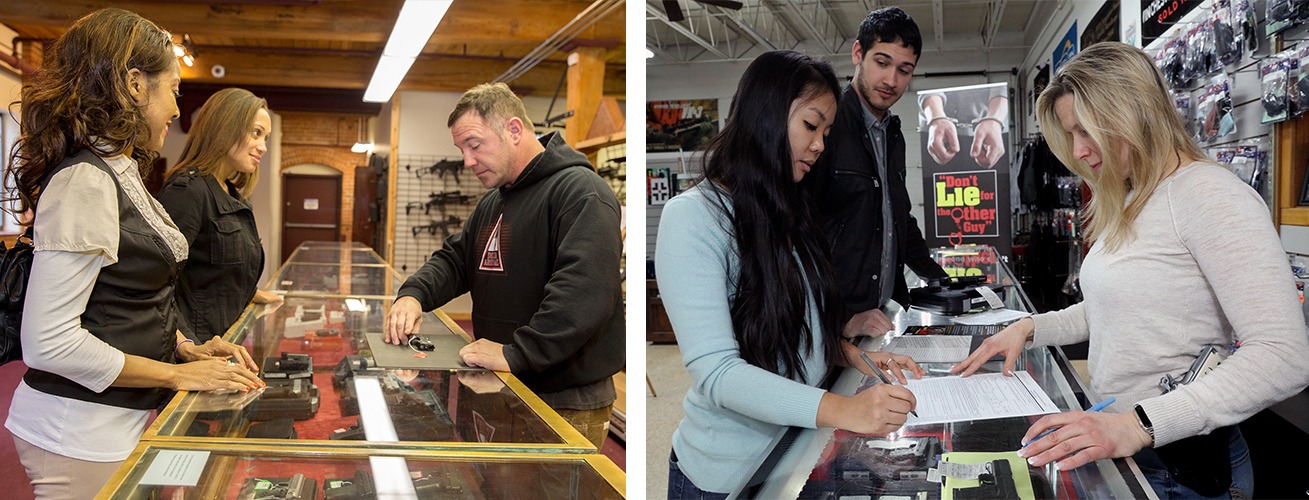
Details of a Straw Sale
Let’s take a minute and first review what a “straw” sale is. A straw purchase is any purchase in which a second person agrees to acquire a firearm for someone who is ineligible to purchase the firearm for himself. A straw purchaser can be identified as a person with a clean background who purchases firearms specifically on behalf of a person prohibited from purchasing a firearm because that prohibited person is a convicted felon, domestic violence misdemeanant, juvenile, an individual who has been adjudicated mentally ill or one who is prohibited for other federally or state-defined reason from purchasing or possessing a firearm.
In the U.S, a purchaser of a firearm from a FFL who lies about the identity of the ultimate possessor of the gun can be charged with making false statements on a Federal Firearms Transaction Record. (Note: A firearm purchased as a bona fide gift is different, and I’ll discuss that in a future article.) Further, it is illegal for any person not in possession of an FFL to purchase a firearm with the intention of resale.
The federal law background check regulations require FFLs to verify the identity of a buyer and submit their name and other identifying information to a federal background check database in order to weed out felons, those with a history of mental illness and those barred from gun ownership for other reasons. Specifically, the federal Form 4473 and identification procedure make it clear that only the actual buyer is eligible to make the purchase. This is stipulated on the Form 4473, and it is further stated on that form that “If you are not the actual buyer, the dealer cannot transfer the firearm to you.”
Tip! — If you feel strongly that you have prevented a straw sale at your location, alert local authorities and neighboring firearms retailers of the attempt in an effort to prevent such occurrences elsewhere.
FFL Course of Action
As an FFL, you should always be asking, “What can I do to detect an attempted straw purchase and what actions should I take if I encounter or suspect one?
- First, educate all your staff members regarding what a straw purchase is and why it’s so important to prevent it from occurring. If your staff ever have any thoughts whatsoever that the person attempting to purchase a firearm is not the intended possessor, they should be instructed that they are not permitted to complete the transfer. They should also be trained to ask questions when in doubt: “Is this firearm for you? Do you know it’s a federal offense to knowingly purchase a firearm for someone else?”
- Ensure every salesperson assigned to oversee the Form 4473 and NICS process is competently trained on how to engage and interact with a firearms purchaser and to be fully observant and aware of the intentions and desires of the individual making the purchase.
- Role play with your staff on how to react to the various scenarios in which a NICS is denied or delayed and how to prevent a follow-up straw sale from occurring. Delayed or denied purchasers may be determined to obtain a firearm at all costs and may go to great lengths with a conspirator to obtain a desired firearm. In the case of a denied NICS, be on the lookout for someone else who immediately or soon thereafter tries to purchase the same firearms denied for transfer in the original NICS.
As an FFL, it is both your responsibility and your staff’s to be engaged with every firearm purchaser and be confident about the propriety of a sale before completing the transfer process. Remember, you have every right, as well as the responsibility, to deny a firearm transfer to anyone for any reason, even if that reason is “It just doesn’t feel right.”
NSSF’s “Don’t Lie for the Other Guy” program works to educate FFLs about the hazards of straw purchases and ways they can prevent them. NSSF retail members have access to a free “Don’t Lie” kit that includes posters, counter mats, shelf “talkers,” training DVDs and informational sheets. NSSF members should log in to the Member Portal at NSSF.org and add the kit to their shopping cart.
Genuine Purchase or Straw? You Make the Call
- Make sure there is genuine interest and questions from the customer about the firearm being considered for purchase.
- The salesperson should be convinced of the reason and intended lawful purpose the customer has for acquiring the firearm.
- The purchaser should not typically be referencing a note, picture or description when asking to purchase a gun.
- Be alert to someone asking to purchase a firearm that may have been the subject of a recent NICS denial or delay. Be alert to similar last names and addresses in this scenario as well.
- Be alert to who is paying for the firearm versus who is completing the Form 4473 and NICS.
- Be cognizant to couples shopping together in which one person selects the firearm and the second person completes the Form 4473. This often involves a married couple in which one person may be a prohibited person. Don’t accept excuses such as, “I forgot my wallet, so my girlfriend is purchasing it for me.”
- Be suspicious of uneducated customers attempting to purchase more than one handgun at a time with little inquiry about the firearms.
About the Author
John Bocker is an NSSF Security Consultant Team Member and the Managing Director at JB Group, LLC, based in Denver, Colorado. JB Group is a business security and strategy consulting organization specializing in ATF/FFL compliance and protecting FFLs against unexpected losses resulting from burglary, robbery, unnecessary risks and internal control failures. Call John at (720) 514-0609 for more information.
You may also be interested in: Are Your FFL Records Ready for Inspection?
Categories: BP Item, Featured, Industry News, Retailers, Top Stories

